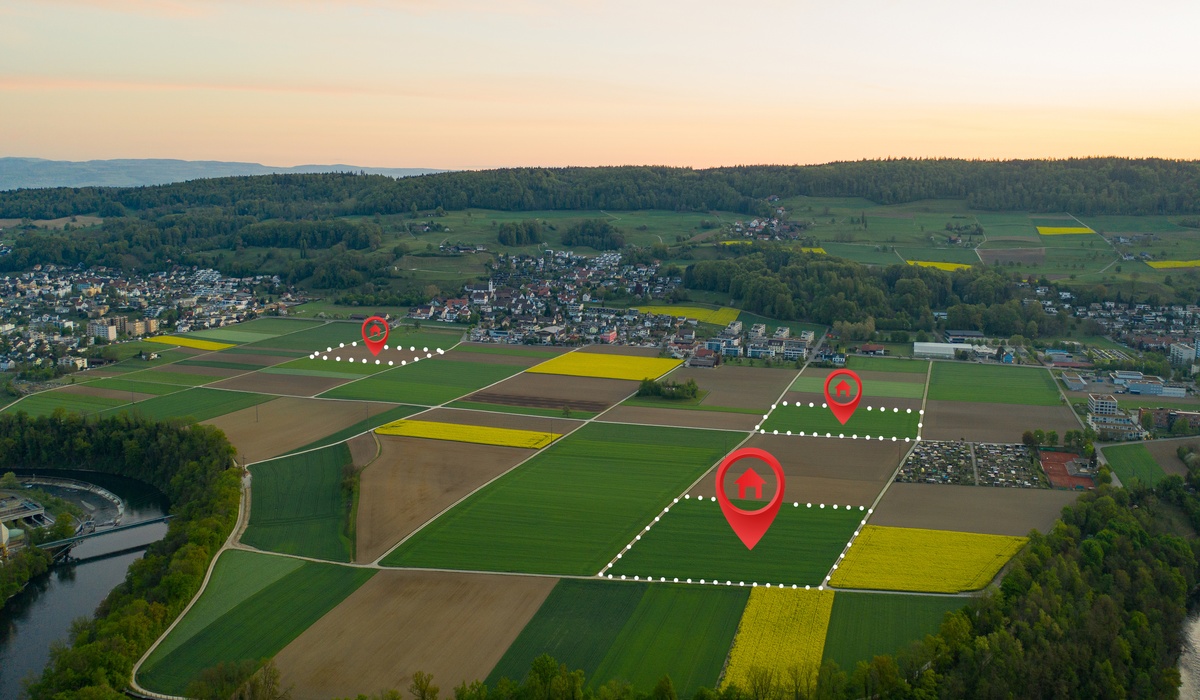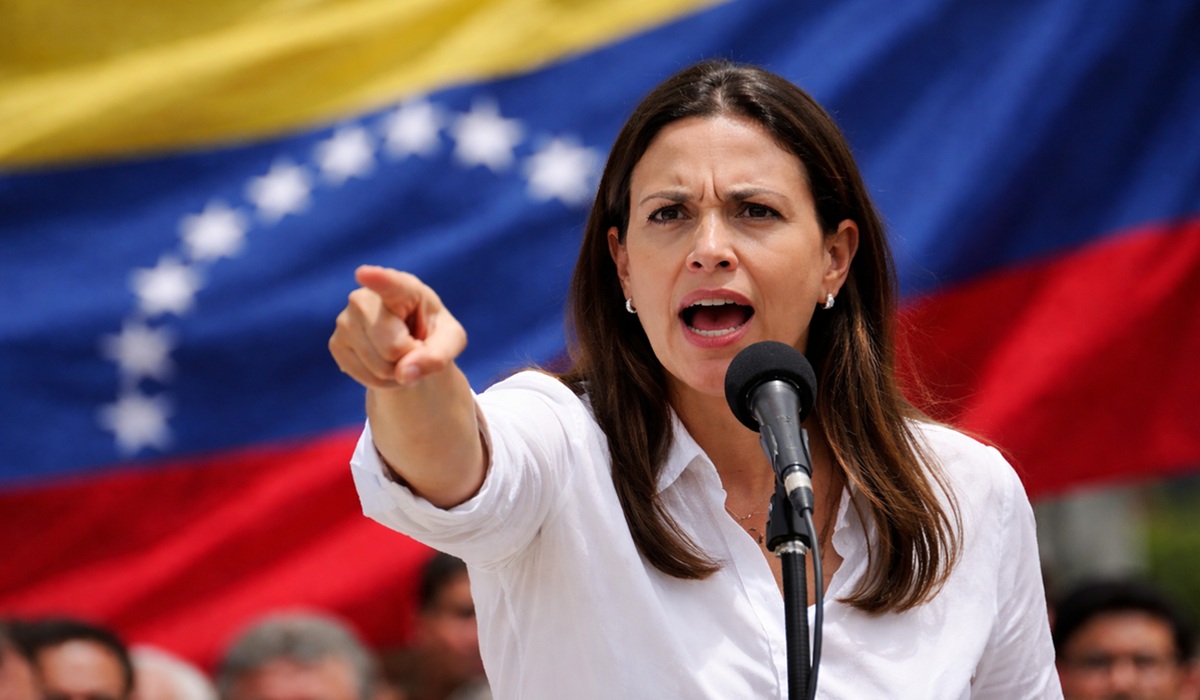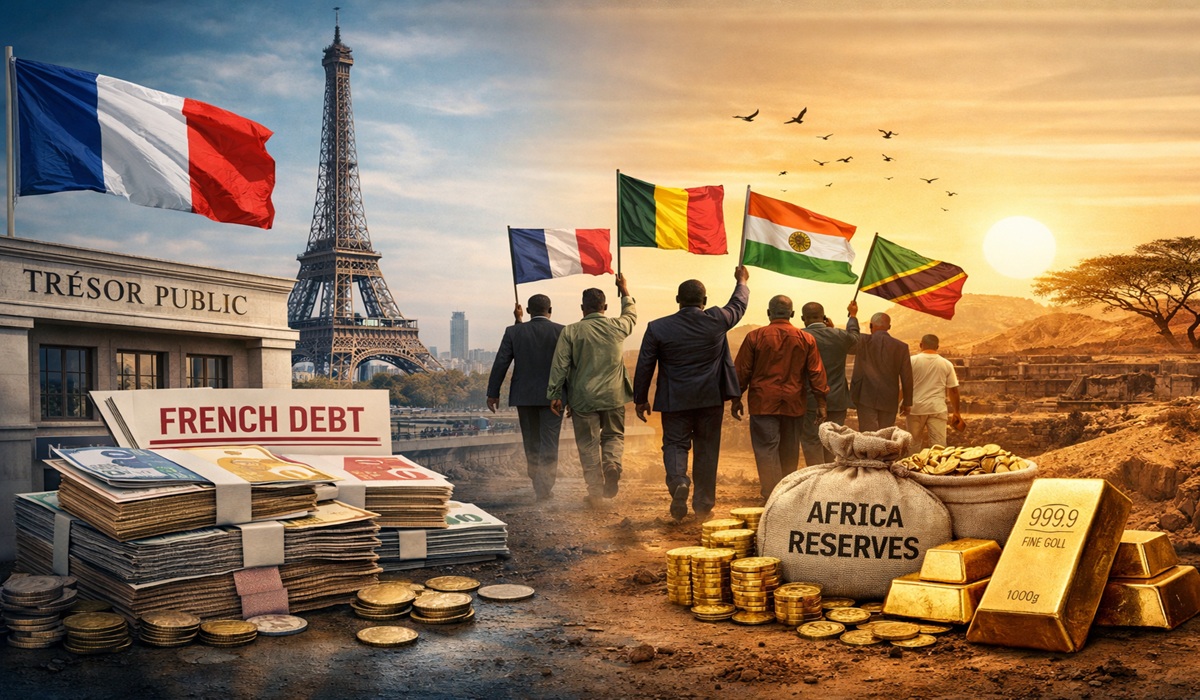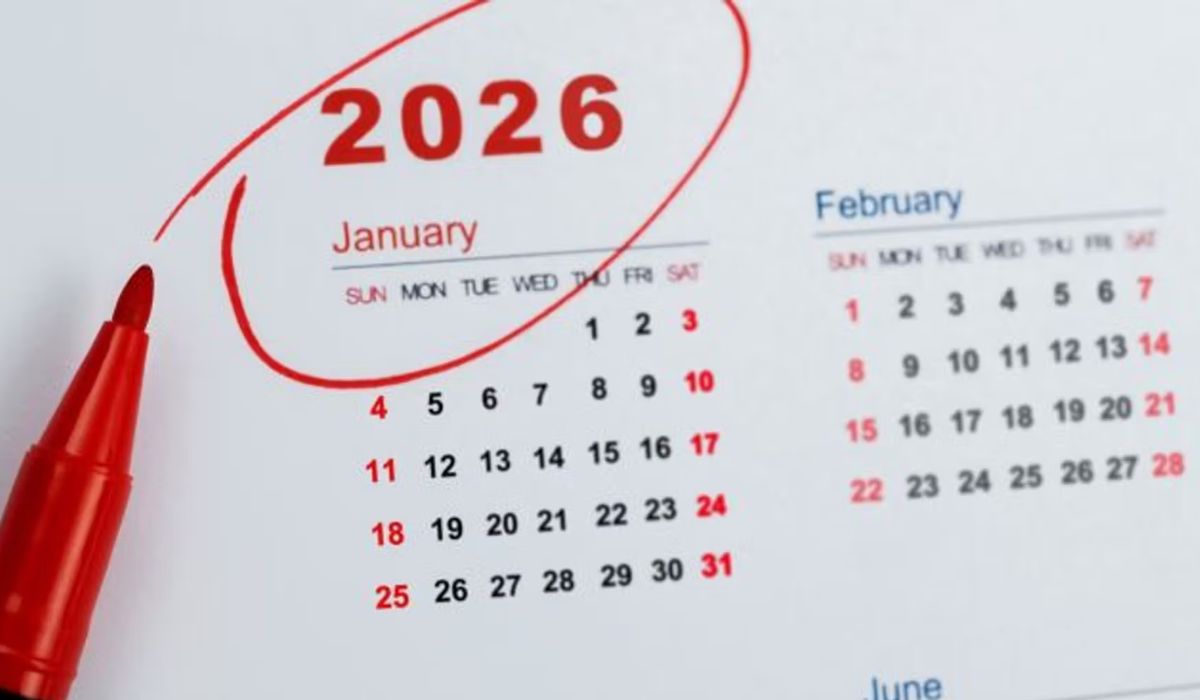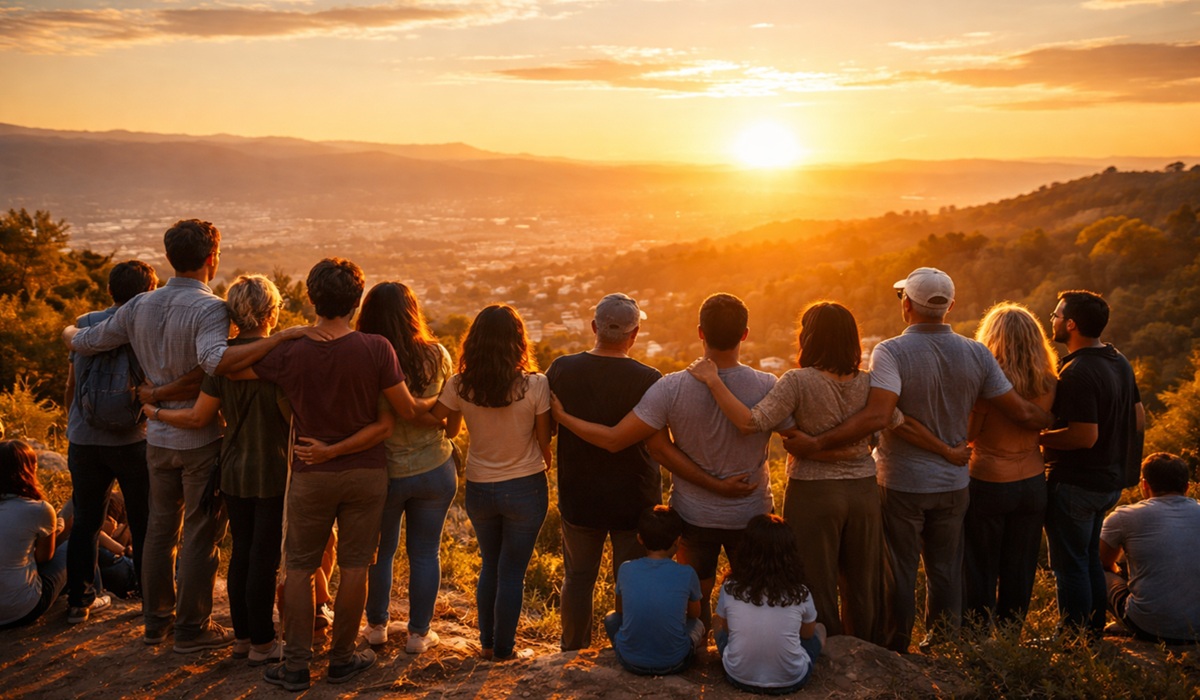Hurricane Melissa and the Unbreakable Spirit of Jamaica: Why I Came Home When the Storm Passed
- Don Woodstock
- Caribbean
- Trending News
- November 23, 2025
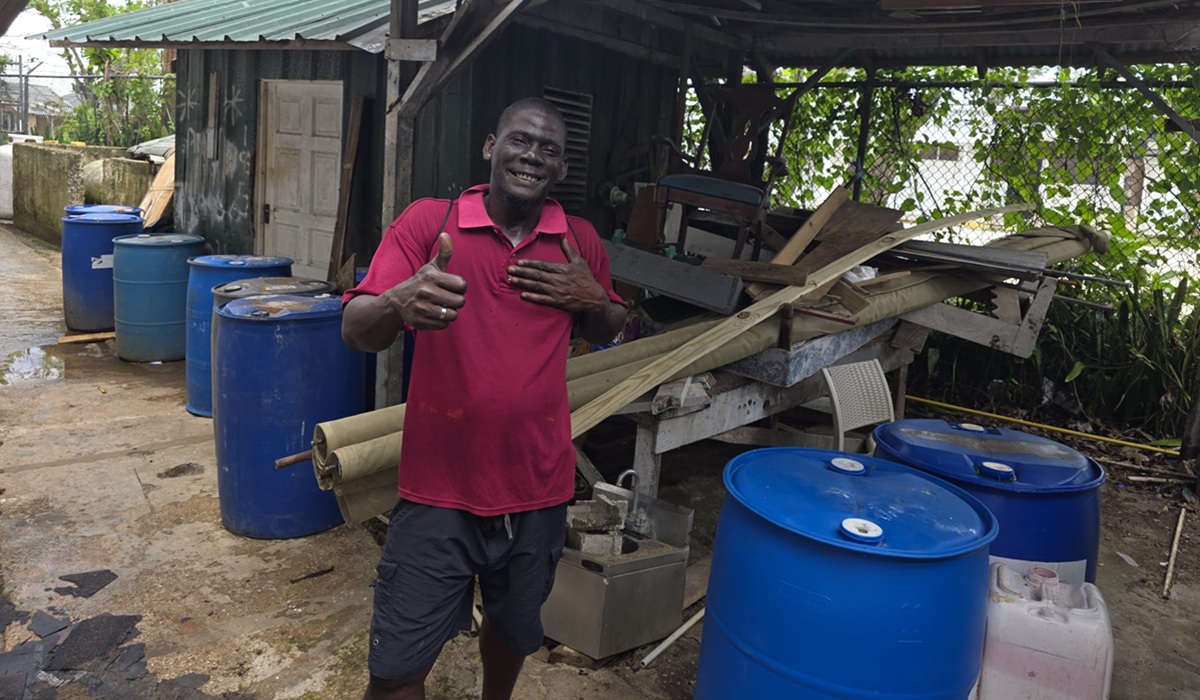
I am Jamaican by birth and Canadian by residence, but Jamaica has never left me. It lives in my tone, my rhythm, the way I see community, and the way I understand struggle and resilience. When Hurricane Melissa bore down on the island, there was never any real choice to make. In moments like these, your heart does the thinking for you. I returned not as a visitor, not as an observer, but as a son answering a call that was older than geography. I came back to help in whatever way I could – financially, physically, emotionally, and through the responsibility I carry as a journalist to report back to Canada and to the Jamaican diaspora about what is truly happening on the ground.
From the moment I arrived, it was clear that Jamaica was not broken. Bruised, yes. Shaken, absolutely. But broken? Not even close. What I witnessed instead was coordination, courage, and a level of community action that you do not often see laid bare. There is the visible response – the emergency services, the government ministries, the formally organized relief efforts – and then there is the invisible backbone of Jamaica that activates when times get hard. The neighbour who checks a roof that isn’t his. The woman who cooks ten extra meals because she knows down the road a family has none. The young men who clear debris before anyone asks them to. The churches that open their doors without hesitation. The diaspora sending what they can from thousands of miles away.
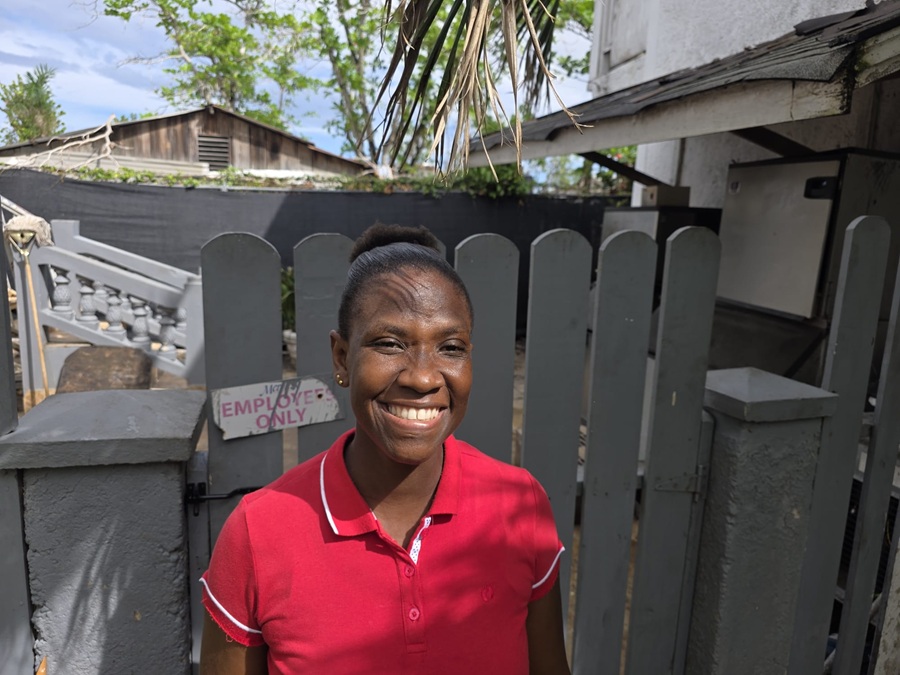
One of the areas hit hardest by Hurricane Melissa is Westmoreland, and being here, moving through it, you understand very quickly that a map on a screen does not begin to capture the true scale of impact. Towns like Savanna-la-Mar, Frome, Bog Walk, Negril, and the smaller surrounding communities have suffered extensive damage. Flooding in low-lying areas swallowed roads, homes, and farmland. Roofs were torn clean off of structures that have stood for generations. Rivers that usually whisper turned into forces that carried away bridges, livestock, small shops, and pieces of everyday life that people will take months to rebuild.
In the community of Black River and the wider St. Elizabeth and Westmoreland border areas, the devastation hits with a different kind of gravity. Fishing boats smashed against shorelines. Crops flattened. Saltwater and debris pushed far inland, contaminating sections of land that families depend on for survival. For many, farming is not a profession — it is inheritance. To see acres destroyed is to see history interrupted. Yet even there, among twisted trees and scattered zinc, people were already talking about replanting, repairing, restarting.
And this is what defines Jamaica. The storm does not bring silence. It brings resolve.
At the same time, it would be wrong not to acknowledge the critical role played by the government and organized bodies. A specialized hurricane response unit was mobilized under existing emergency management structures, streamlining decision-making and deployment of resources. Years ago, when the government took the often-criticized step of securing hurricane insurance, it was seen by some as unnecessary spending. Now that coverage is proving to be one of the most significant financial stabilizers for recovery. It is allowing Jamaica to act, not wait. To respond, not plead. It is the difference between scrambling for survival and planning for rebuilding.
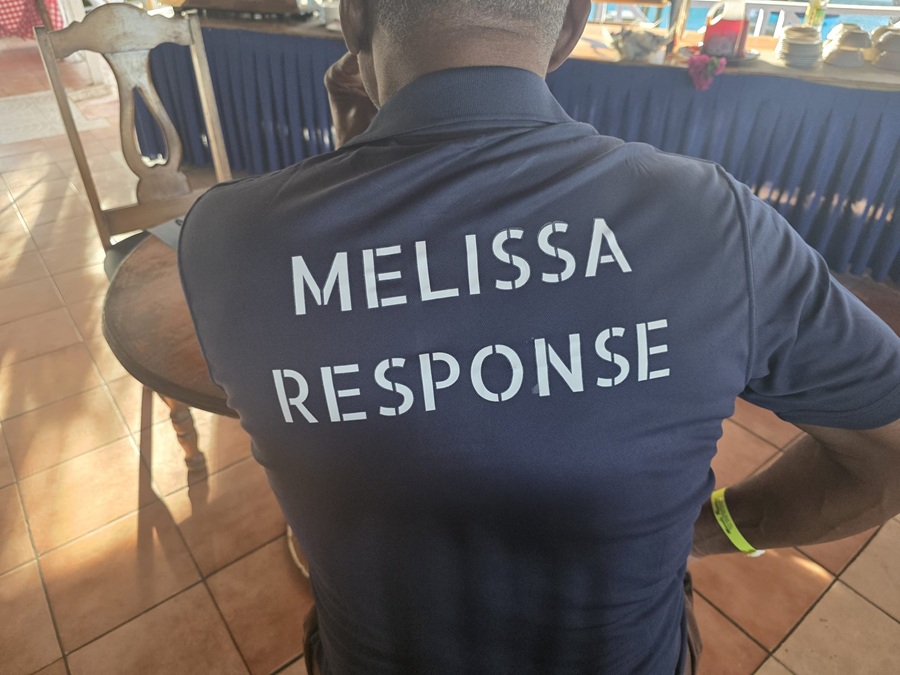
The National Health Fund and MOBA units are operating with quiet determination, going parish to parish, street to street, identifying the most vulnerable and providing essential medications, health checks, and supplies. In times when access is limited and pharmacies may be closed or destroyed, that kind of presence is not just helpful — it is lifesaving. This is a system that is often unnoticed in daily life, but in moments like these, its value cannot be overstated.
Then there is the new face of disaster response in Jamaica — Jamaica Flying Labs. Watching drones pass low over damaged terrain to assess flooding, locate stranded individuals, and map inaccessible zones brought a strange combination of sorrow and pride. Sorrow at the destruction below. Pride at how far Jamaica has come in its ability to respond with intelligence and innovation. When I remember Hurricane Gilbert, there were no aerial images, no real-time mapping, no precision assessment tools. Today, the sky itself has become an instrument of survival.
While walking through affected communities, I was reminded of a powerful quote by Edward Seaga, one that now carries new meaning in the wake of Hurricane Melissa:
“The door is open for you to retrieve your position. Take a candle, sing a Sankey and find your way back home.”
At its heart, this quote is about return, about dignity, about remembering where you belong and claiming it again no matter how far you’ve drifted or how dark the path has become. In this moment, it speaks not only to the diaspora, but to the very spirit of Jamaica itself. The land may be wounded, but the door is still open. The candle is the hope carried by the people. The Sankey, that sacred song, is the collective memory and faith that guides Jamaica back to itself, time and time again.
Standing here now, I offer my own reflection, shaped by what I see before me:
“The door is open for you to retrieve your position. Take a candle, sing a Sankey, and find your way back home.”
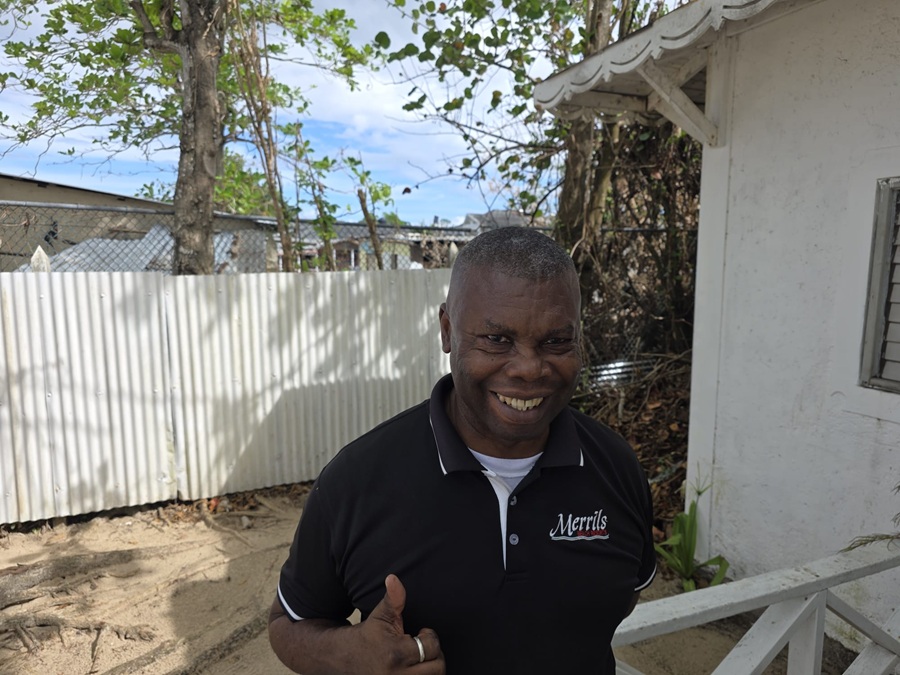
For me, that home is not just physical ground. It is responsibility. It is connection. It is duty to truth. And it is the understanding that no matter how global our lives may become, there are moments when our roots pull us back to where we are needed most.
To those looking at Jamaica from afar, I want to be clear: Jamaica is not a place to pity. It is a place to stand with. If you have ever come here for sunshine, for music, for love, for peace, then now is the time to give a little of that back. The water has receded, and the roads are reopened. Come. Travel. Support local businesses. Stay at the guesthouses. Eat at the small restaurants. Buy from the vendors. Your presence will be part of the rebuilding.
This country will rise again. It always has. But more than rise, it will remember. It will remember who stood with it. And it will remember, above all else, that in the face of the storm, its people chose strength.
Jamaica does not wait to be saved.
Jamaica saves itself.

